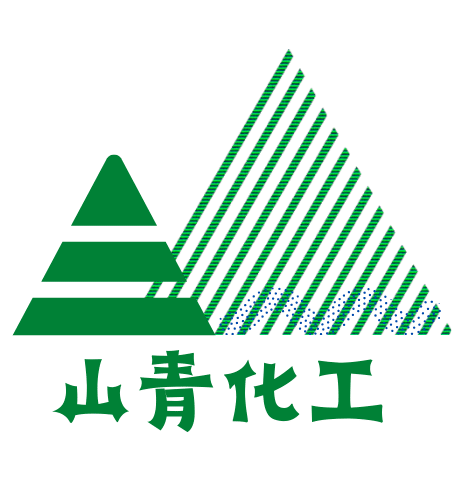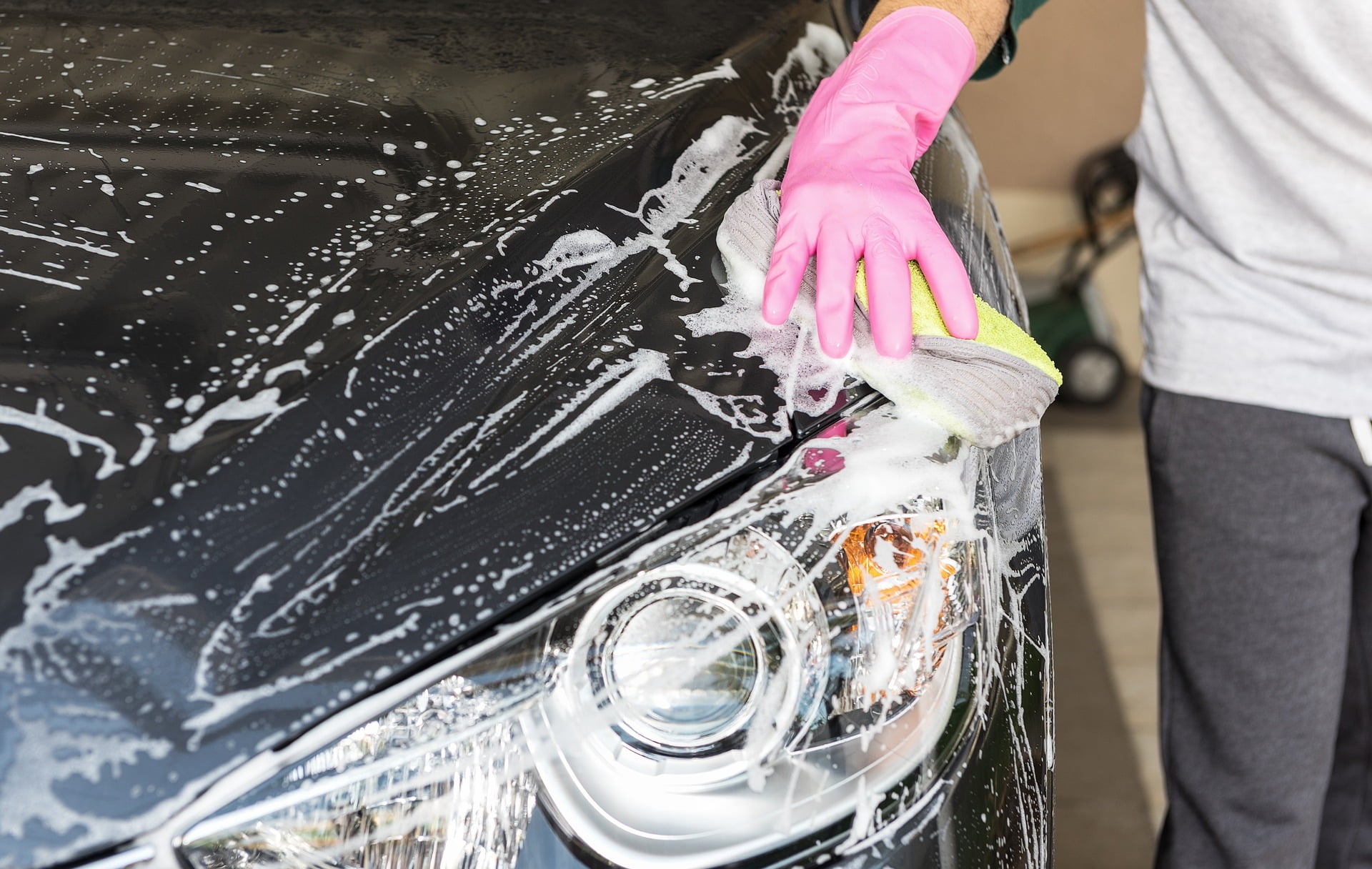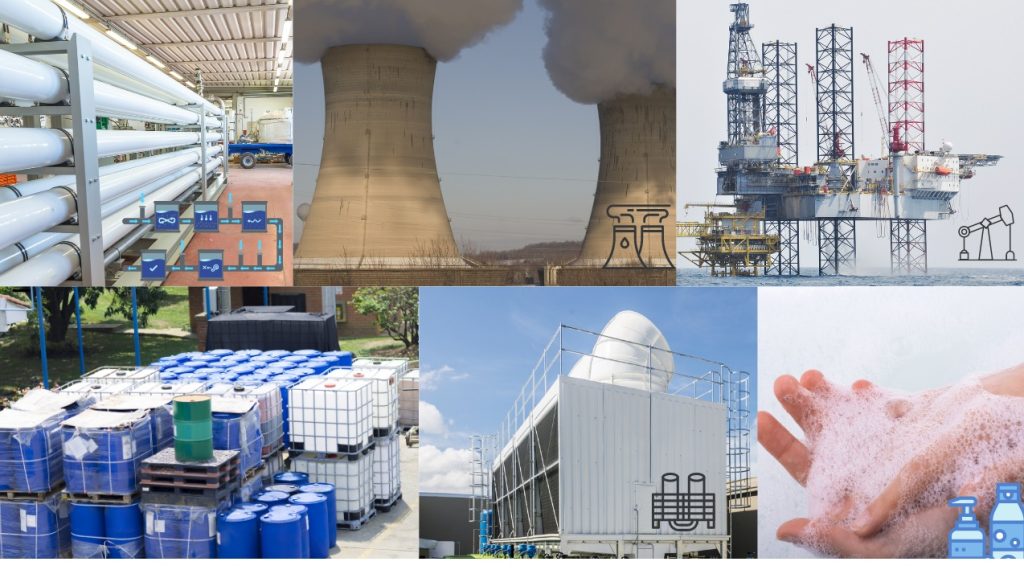Alkyl PolyGlycosides (APGs) are nonionic surfactants, compounds synthesised from glucose and fatty alcohols.
APG 0810 has between 8 and 10 carbon atoms in its molecular structure.
APG 1214 may contain more carbon atoms in its molecular structure, resulting in a relatively high viscosity.
Uses
For daily chemical, we can provide APGs made from renewable plant origin materials, non-toxic, mild, non-irritant, completely biodegradable, green surfactant.
APG0810 is more permeable and is usually used more in industrial applications.
APG1214, in contrast, is milder and more often used in household detergents.
APG0810 has better foaming performance in detergent system.
APG1214 can better improve the softness of laundry after washing, especially cotton fabrics.
Click for more information: Difference between APG0810 and APG1214
Technical data
| APG-0810 | APG – 1214 | APG-0814 | |
| CAS Number | 68515-73-1 | 110615-47-9 | 68515-73-1 & 110615-47-9 |
| 161074-97-1 | 157707-88-5 | 141464-42-8 | |
| EC Number | 500-220-1 | 500-395-4 | — |
| 500-533-3 | |||
| Appearance(25 °C) | Transparent to yellowish liquid | Transparent to yellowish liquid or paste | Transparent to yellowish liquid |
| Solid Content [wt%] | 50~70 | 50 | 50 |
| pH Value | 7 min. | 7 min. | 7 min. |
| Color [Hazen] | 50 max. | 50 max. | 50 max. |
| Free Fatty Alcohol [%] | 1 max. | 1 max. | 1 max. |
| Sulfate Ash [wt%] | 3 max. | 3 max. | 3 max. |
| Viscosity [mPa.s] | 200 min. (20°C) | 1500 min. (40°C ) | 1000 min. (20°C ) |
Performance characteristics
- Good compounding performance, able to compound with various ionic and non-ionic surfactants to produce synergistic effect.
- Good foaming property, rich and delicate foam.
- Good solubility, resistant to strong alkalis and electrolytes.
- Thickening ability, good compatibility with skin, can significantly improve the mildness of the formulation.
- Non-toxic, non-irritating and readily biodegradable.
Package and storage
120kg, 200kg/220kg per plastic drum; IBC tank.
Store in a cool and ventilated shade place indoors, storage period of 12 months.
Chemical names
APG 0810
D-Glucopyranose, oligomers, C8-10-alkyl glycosides; Capryl glucoside;
D-Glucopyranose, oligomeric, C8-10-alkyl glycosides;
D-Glucopyranose, oligomers, decyl octyl glycosides;
D-Glucopyranose, oligomeric, decyl octyl glycosides;
D-Glucose, decyl octyl ethers, oligomeric;
Caprylyl/Capryl Glucoside; (カプリリル/カプリル)グルコシド;
APG 1214
D-Glucopyranose, oligomers, C12-14-alkyl glycosides;
D-Glucopyranose, oligomeric, C12-14-alkyl glycosides;
D-Glucopyranose, oligomeric, C10-16-alkyl glycosides;
D-Glucopyranose oligomer alkyl(C=10-16) glycosides;
Lauryl Glucoside; ラウリルグルコシド;
Coco-Glucoside; ヤシ油アルキルグルコシド;
C10-16 Alkyl Glucoside; アルキル(C10-16)グルコシド;
APG 0814
D-Glucopyranose, oligomeric, C8-16-alkyl glycosides;
C8-16 fatty alcohol glucoside; Decyl polyglucose;
Decyl Glucoside; デシルグルコシド; CAS Number 141464-42-8;




